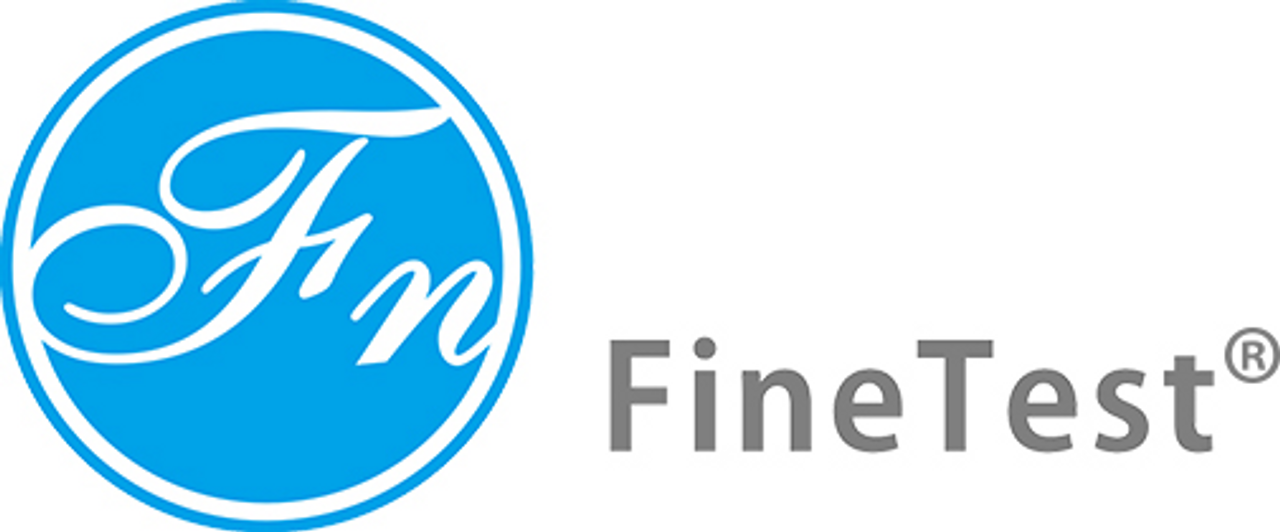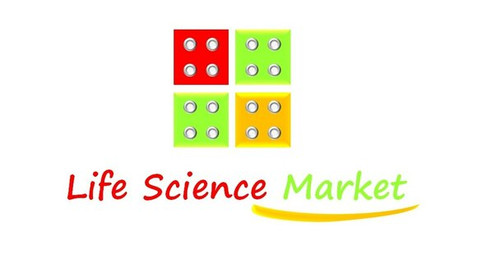Product Description
anti- SFN antibody is available at Gentaur for Next week Delivery.
Purification: Immunogen affinity purified
Background: 14-3-3 proteins regulate many cellular processes relevant to cancer biology, notably apoptosis, mitogenic signaling and cell-cycle checkpoints. Seven isoforms, denoted 14-3-3 b, g, e, z, h, q and s, comprise this family of signaling intermediates. 14-3-3 s, also known as SFN, stratifin, HME1 or YWHAS, is a secreted adaptor protein that is involved in regulating both general and specific signaling pathways. Expressed predominately in stratified squamous keratinising epithelium, 14-3-3 s is able to bind and modify the activity of a large number of proteins, such as KRT17 (Keratin 17), through recognition of a phosphothreonine or phosphoserine motif. When bound to Keratin 17, for example, 14-3-3 s acts to stimulate the Akt/mTOR signaling pathway by upregulating protein synthesis and cell growth. 14-3-3 s also functions to positively mediate IGF-I-induced cell cycle progression and can bind to a variety of translation initiation factors, thus controlling mitotic translation. In response to tumor growth, 14-3-3 s positively regulates the tumor suppressor p53 and increases the rate of p53-regulated inhibition of G2/M cell cycle progression. Multiple isoforms of 14-3-3 s exist due to alternative splicing events..
Immunogen: 14-3-3 protein sigma
Synonyms: 14 3 3 protein sigma, HME1, SFN, stratifin, YWHAS
Reactivity: Human, Mouse, Rat
Tested Application: ELISA, WB, IHC, IF
Recommended dilution: WB: 1:500 - 1:2000; IHC: 1:50 - 1:200; IF: 1:50 - 1:100
Image 1: Immunohistochemistry of paraffin-embedded rat liver tissue slide using FNab09897( SFN antibody) at dilution of 1:100
Image 2: .
Image 3:
Image 4: MCF-7 cells were subjected to SDS PAGE followed by western blot with FNab09897( SFN antibody) at dilution of 1:1000
Gene ID: 2810
Research Area: Metabolism
Uniprot ID: P31947
 Euro
Euro
 British Pound
British Pound
 US Dollar
US Dollar








